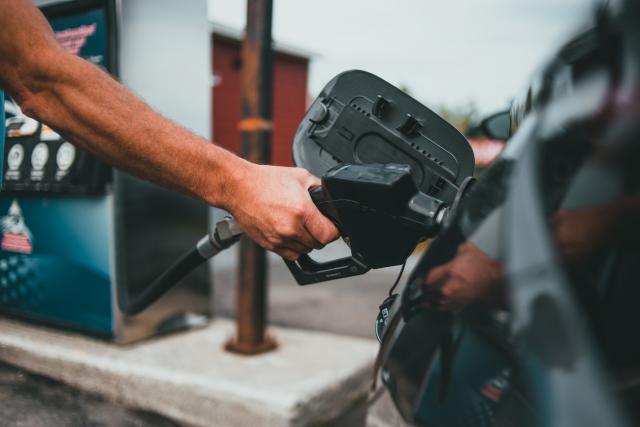There’s no denying that the humble diesel engine is a beloved workhorse in Central Queensland. But how long does diesel have left before green energies take over?
Four-wheel driving is an almost sacred pastime in Central Queensland and with good reason. Many of the tracks nearby are perfect for bush-bashing your way through with the kids on the weekend or with your mates on a long holiday getaway. Even a simple Sunday drive can be a near-religious experience. But if we are to transition to a zero emissions target by 2050; where does your tray-back ute fit into this net zero equation?
You would be forgiven for thinking that environmentalists want to destroy any fun you have with cars. Every green alternative currently available on the market is widely considered to be slower, heavier, more costly and to simply lack the torque to get the job done. Not to mention the vast majority of long-haul trucking that runs this country’s supply chains is fuelled entirely by diesel. Have these conservationists lost their minds?
Biodiesel, which has long since been touted as the solution to petroleum-derived diesel, has its detractors. Namely, how growing the canola necessary to create enough fuel for the country’s needs would far exceed our simultaneous need to grow food. We would run out of land for crops if we were to grow our food and our fuel. Simple as that.
But there is good news on the horizon! The east coast Hydrogen Highway memorandum was signed by three states in March 2022, commits to building hydrogen fuelling stations along their major highways with a similar initiative proposed for Western Australia. Granted, this initiative is more akin to a test run than a full-scale operation. But if Australia has any chance of decarbonising its fleet of long-haul trucks? Steps have to be made in a decisive direction.
Many critics of this approach claim that hydrogen fuelled trucks won’t get the bang for their buck that city driving cars or buses might. This is because of the battery stored aboard these vehicles that recharges as the truck slows down in traffic or around a bend. While this efficiency may be lost on highway driving vehicles, hydrogen provides the most high- powered and lightest option for Australia’s vastness.
And what about the culture of four-wheel driving? Or the efficacy of hydrogen in rural settings? What happiness is there to glean from replacing the smell of diesel with water vapor and the roar of the engine with a whirring whine? Well, that is perhaps the saddest part about the death of diesel machines. The loss of identity that comes along with change.
Though, fret not, rev-heads! Tesla has long since been adding car engine noises to their models and no one is suggesting the end of lift kits, mud-caked tyres or burnouts. Simply that this hobby must adapt to a changing market. Mechanics are nothing if not resourceful folks. So embrace a cleaner future while getting dirty out on the track. Mother nature will thank-you.








